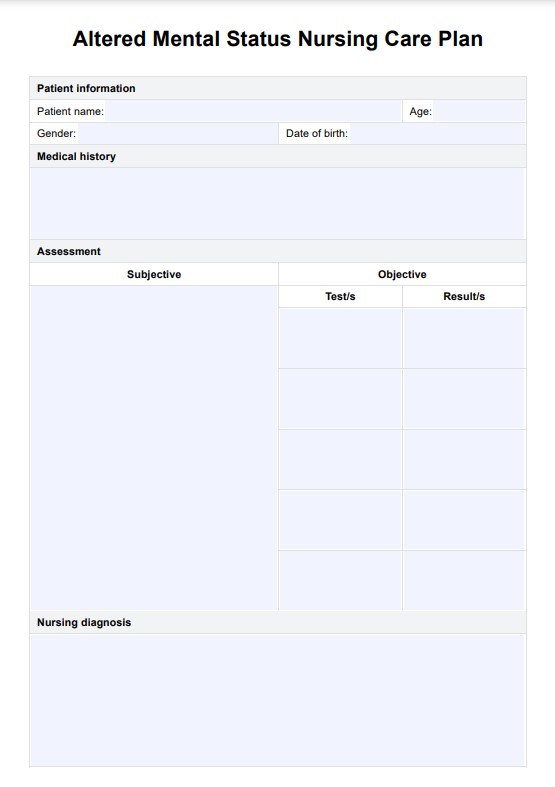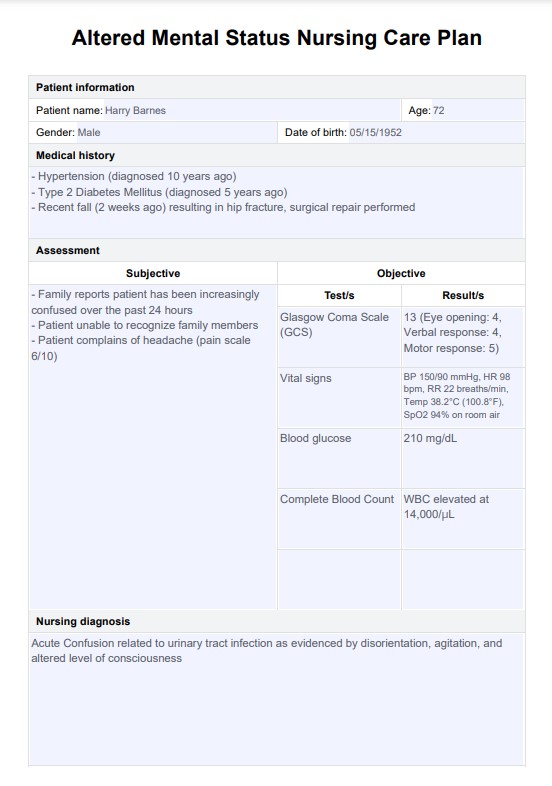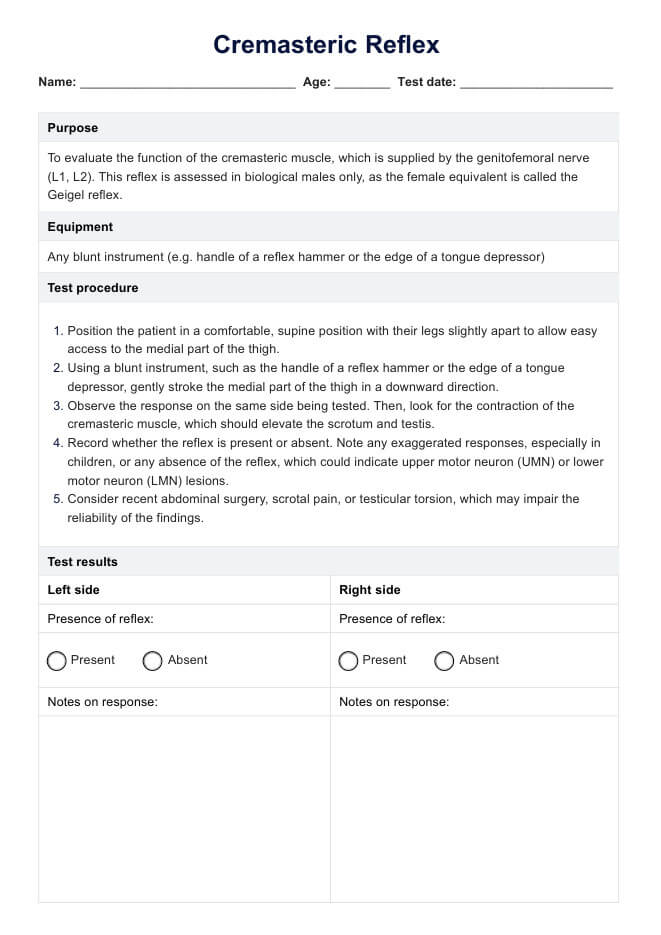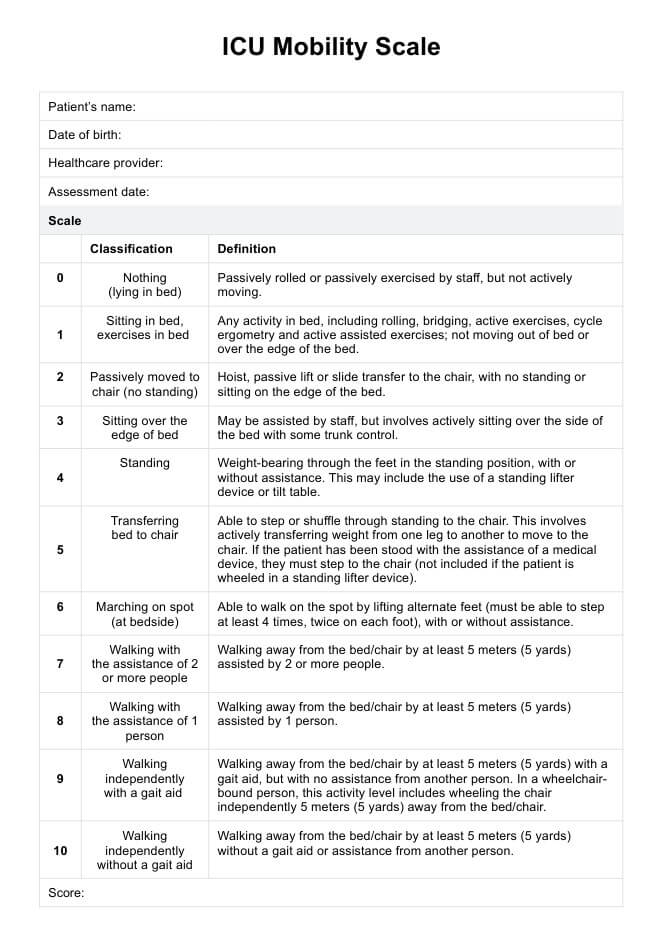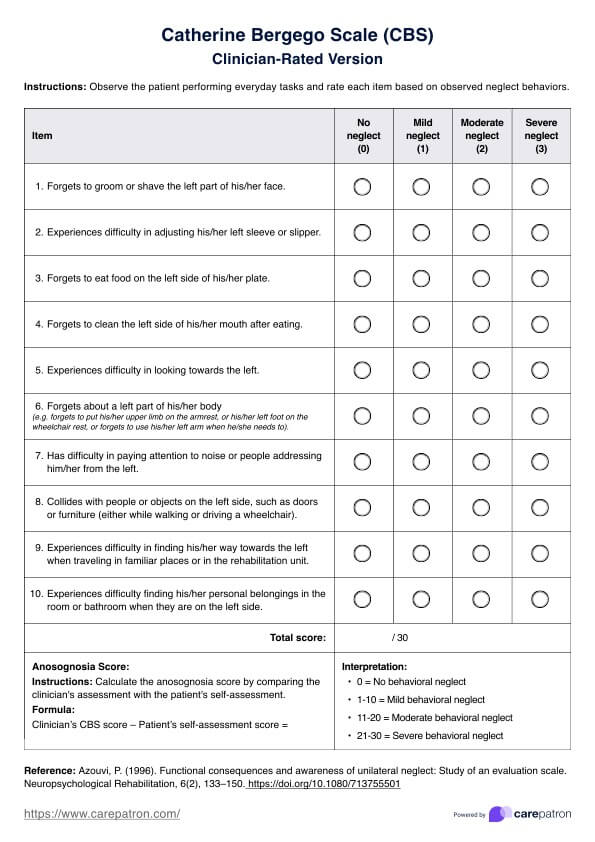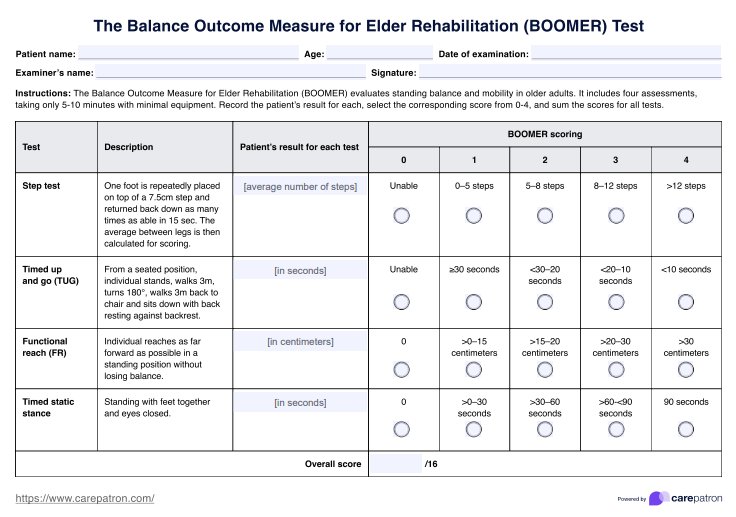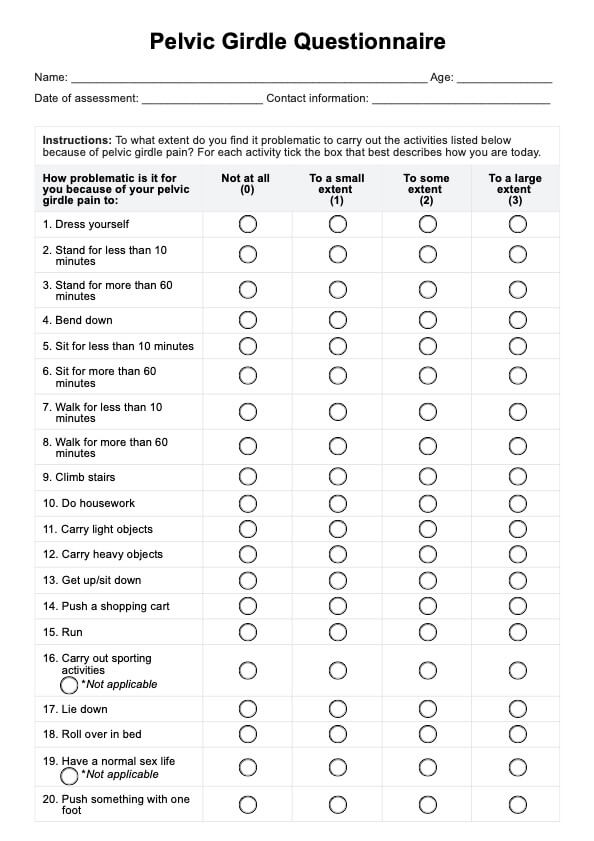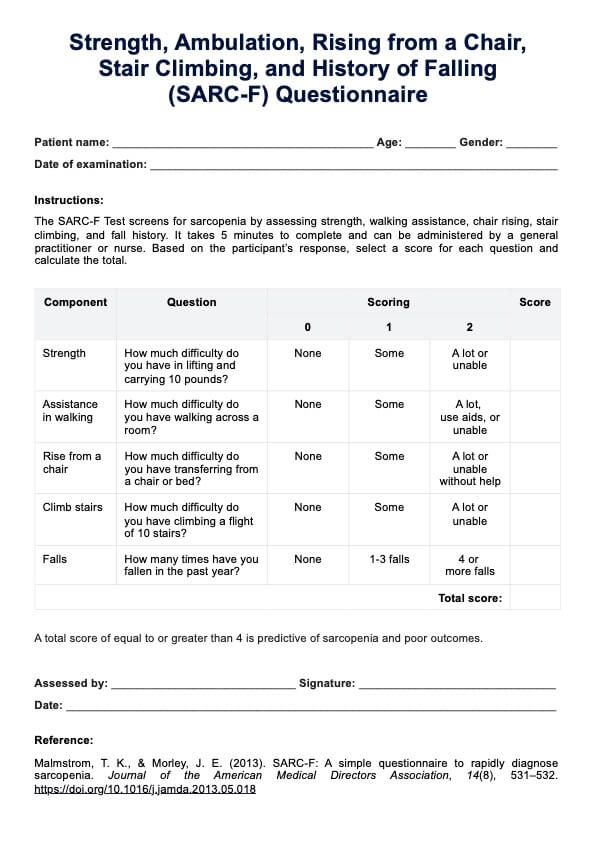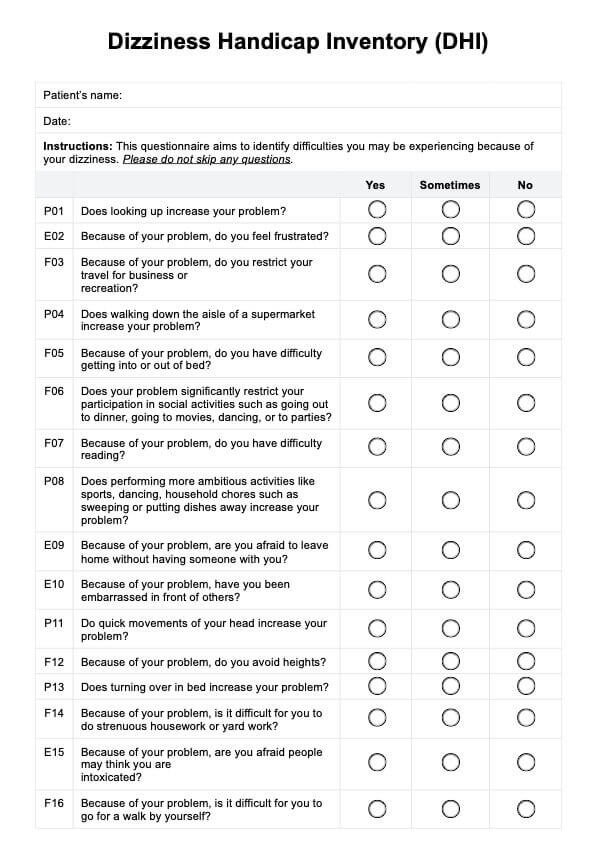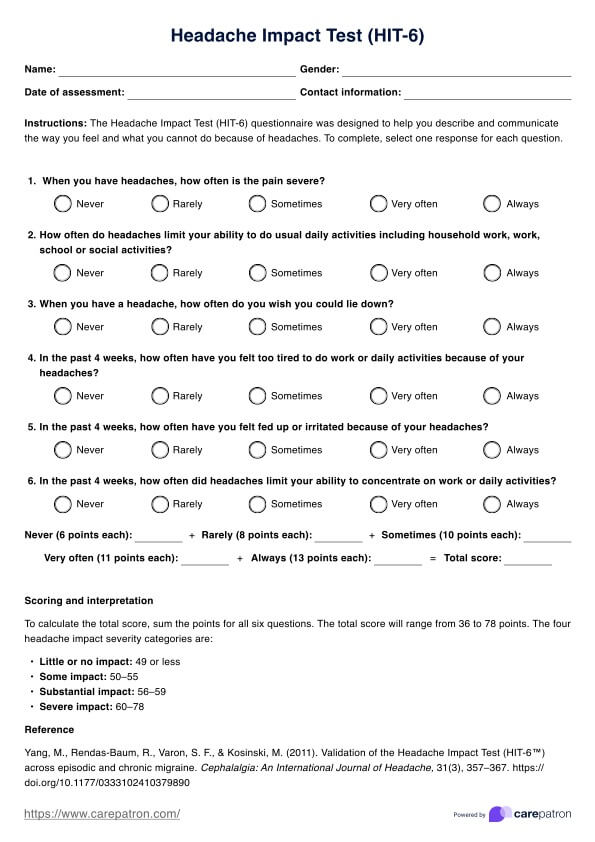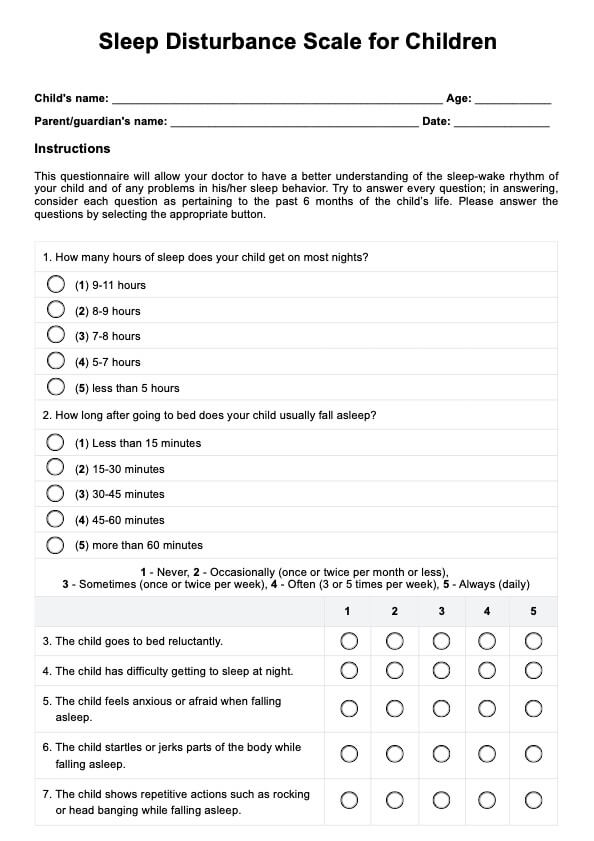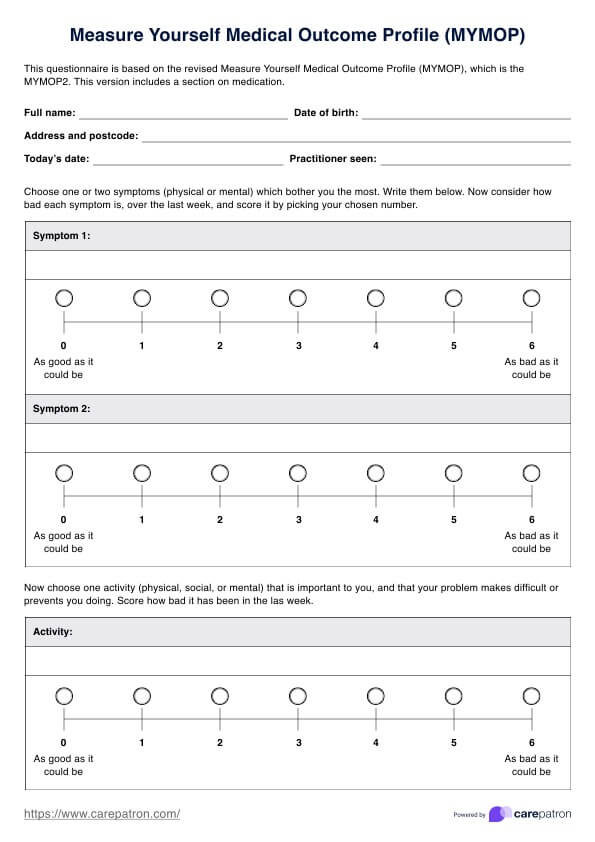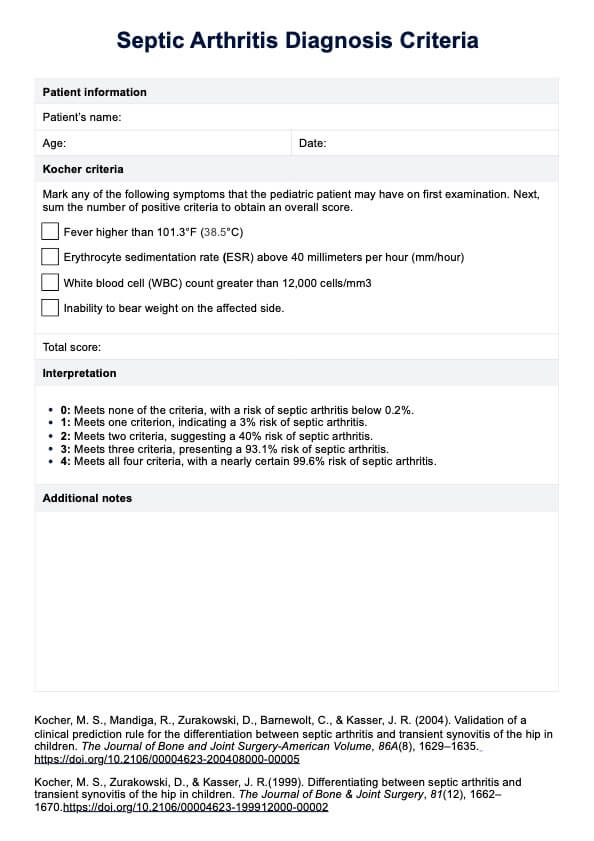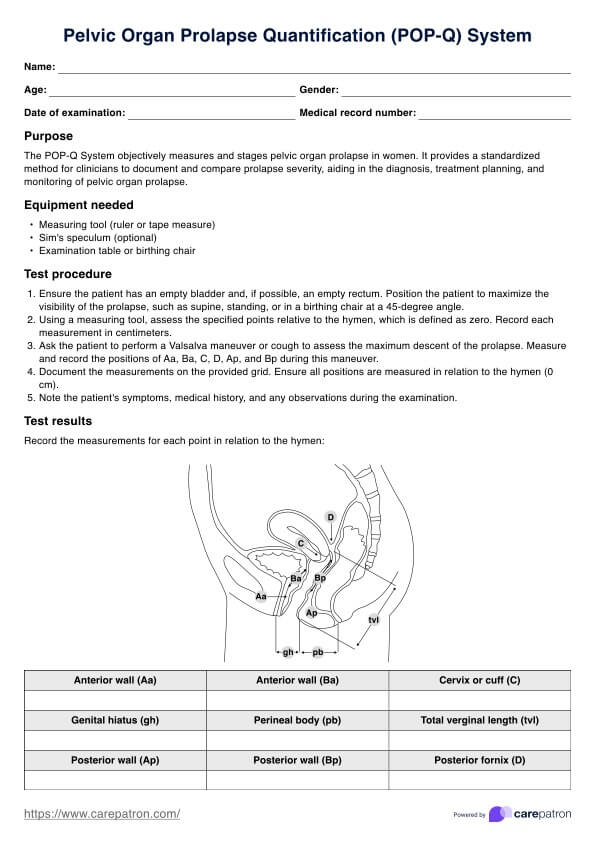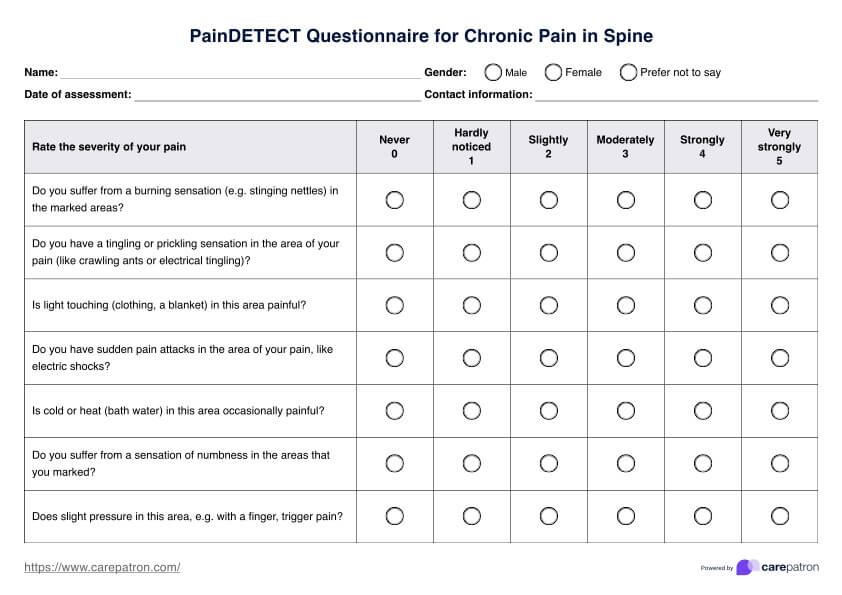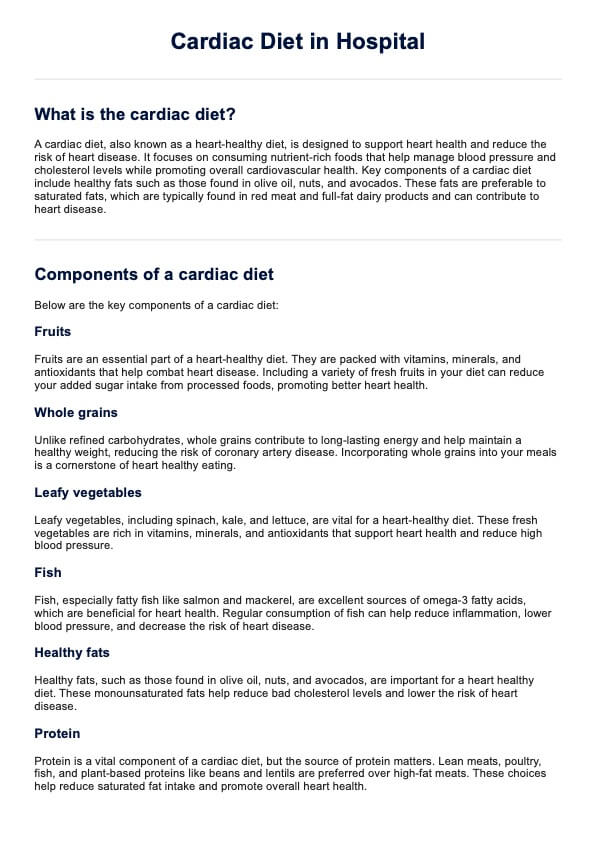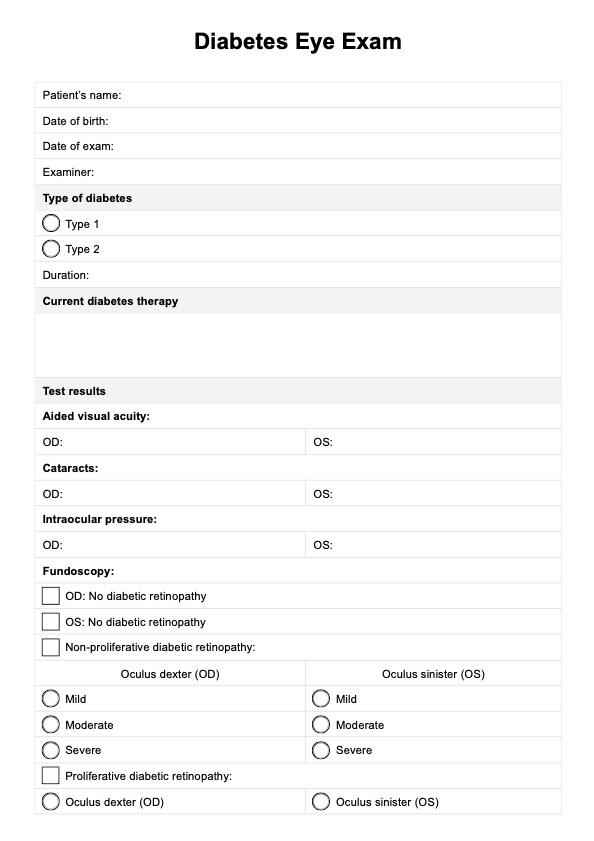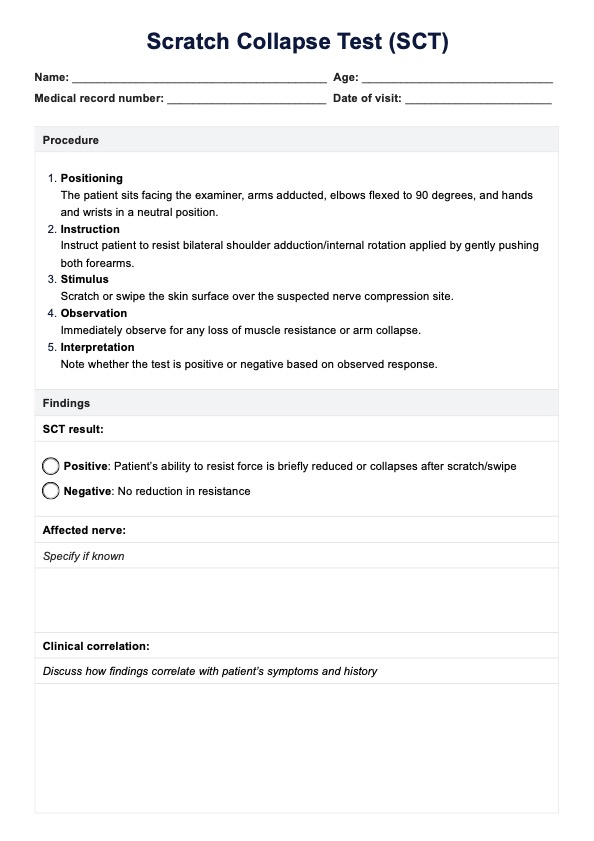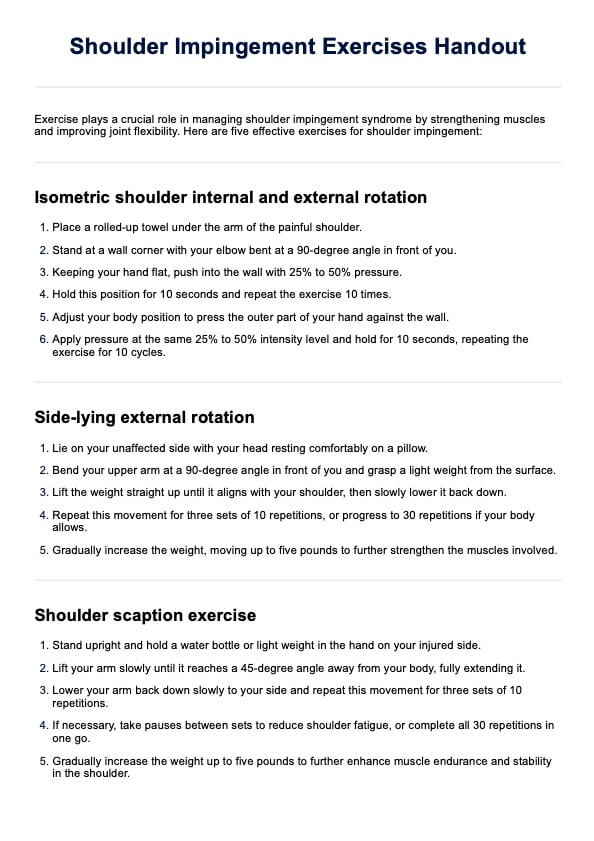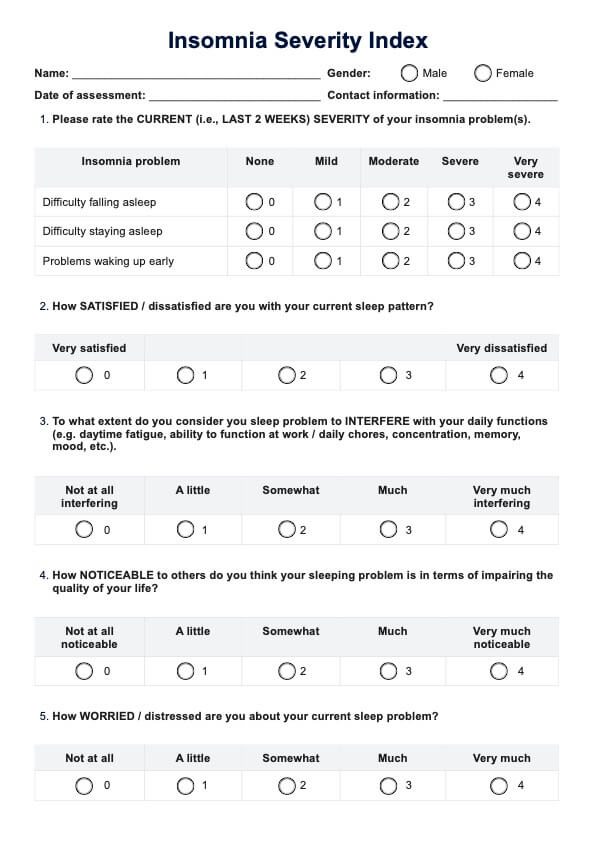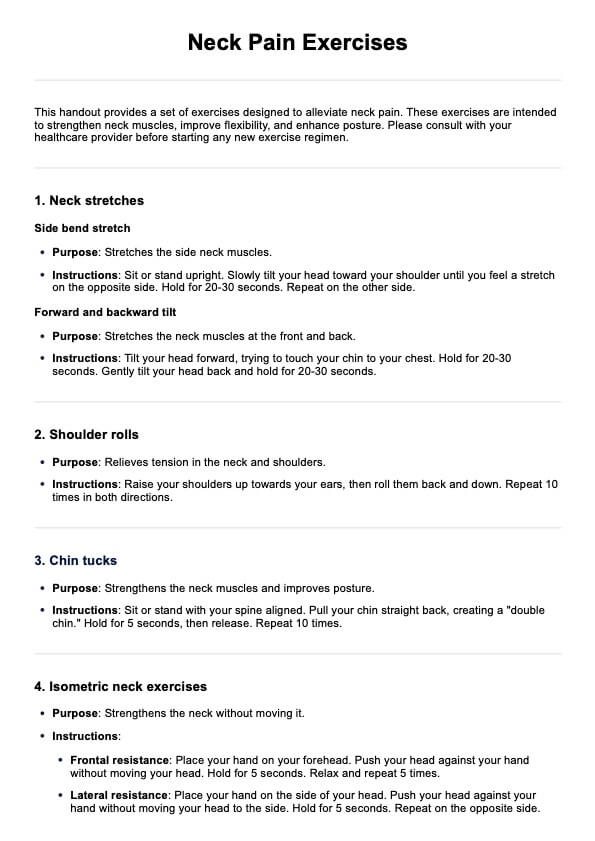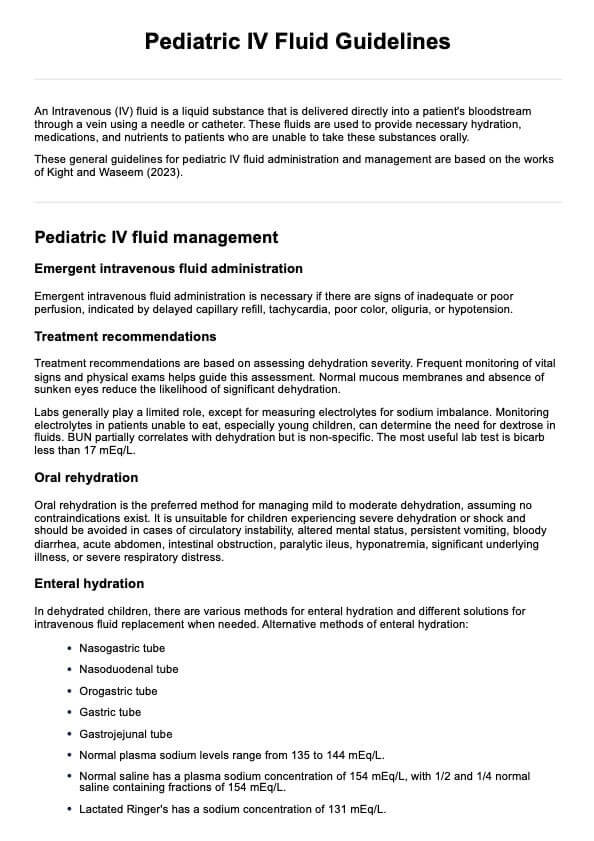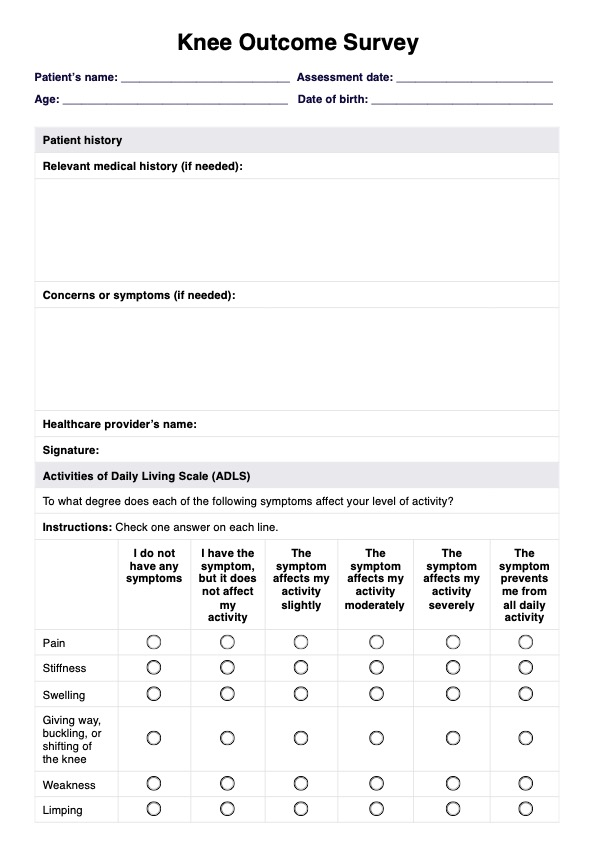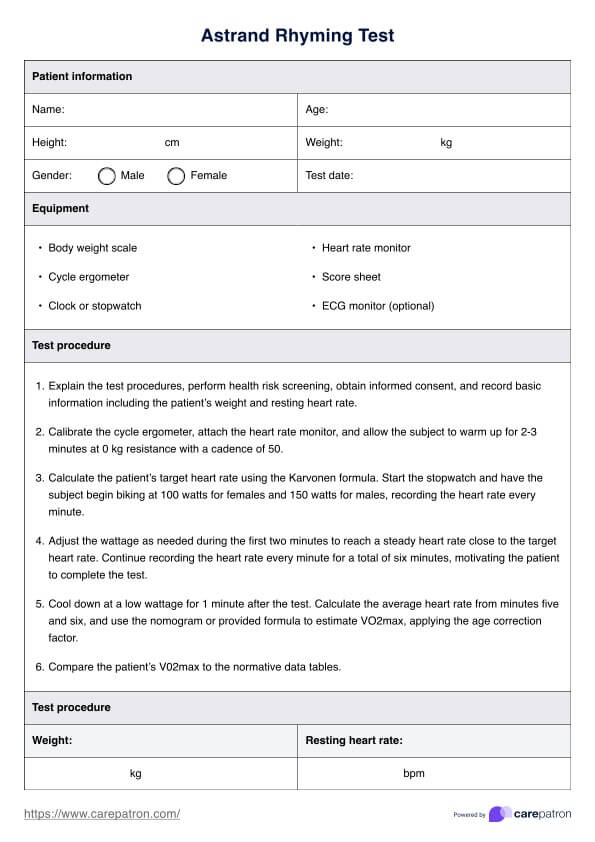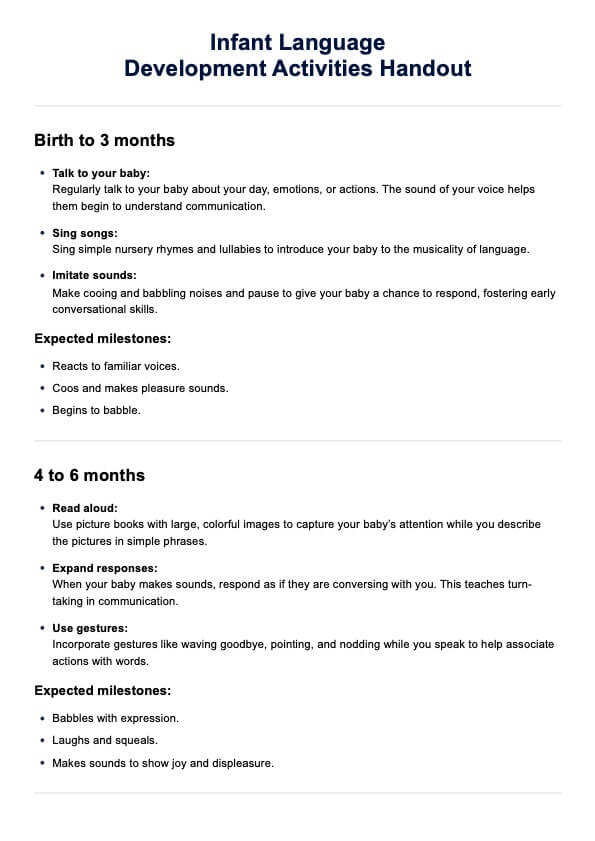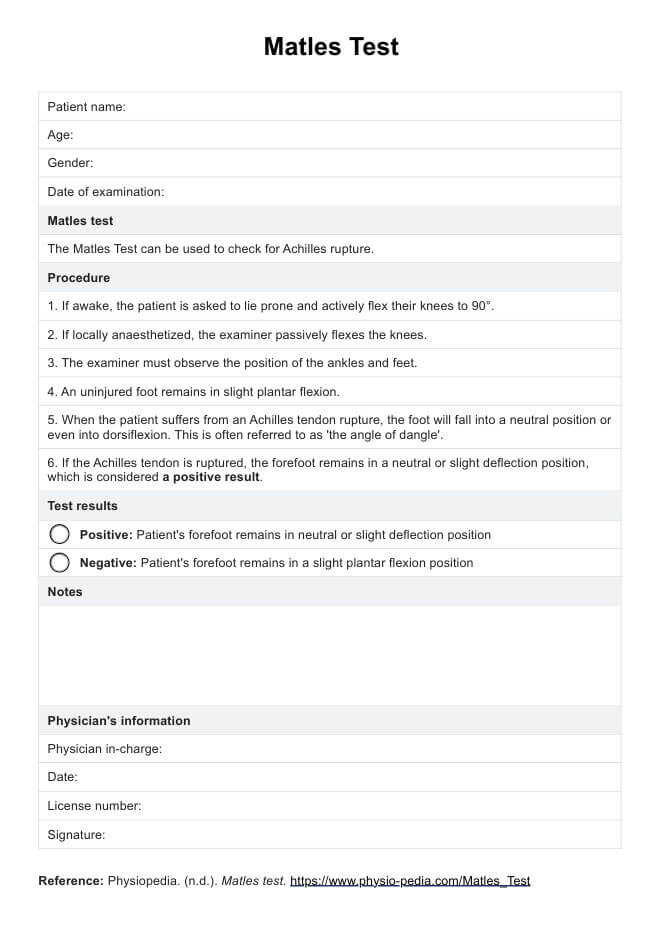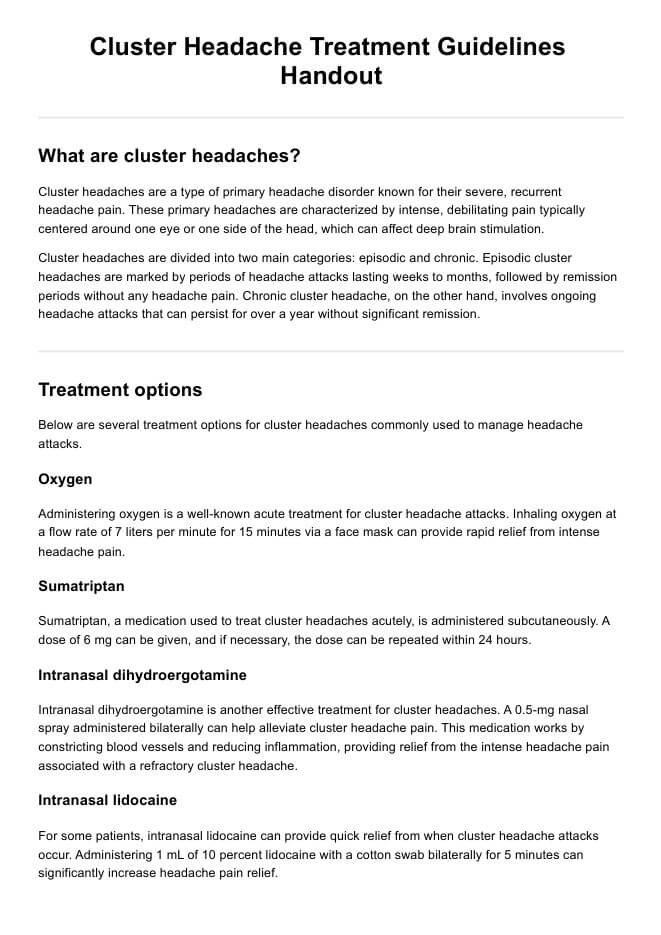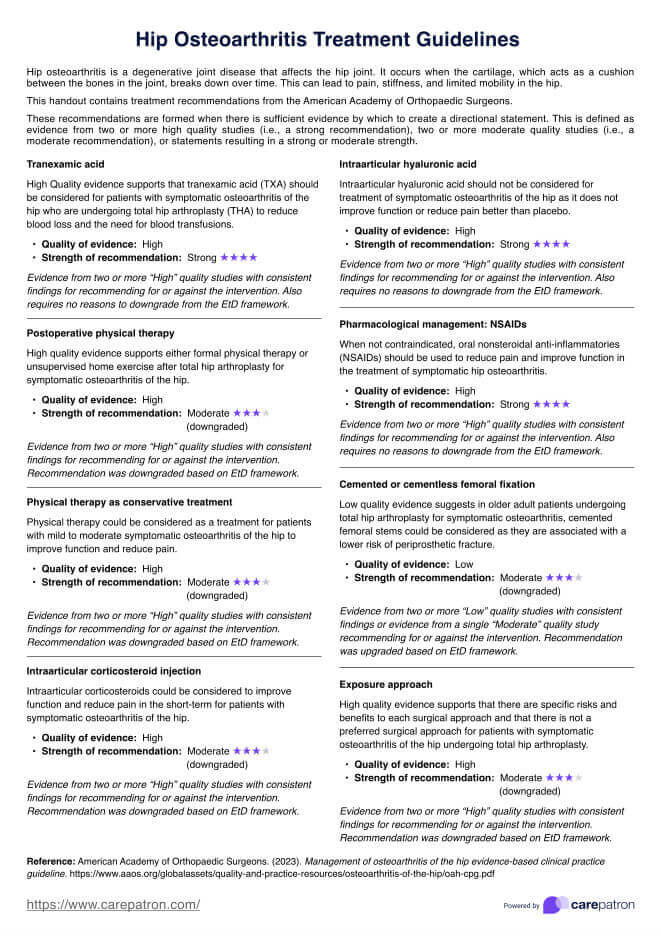Altered Mental Status Nursing Care Plan
Explore our Altered Mental Status Nursing Care Plan Template. Download our free PDF for comprehensive, effective mental health care.


What is an Altered Mental Status Nursing Care Plan template?
In the dynamic world of healthcare, addressing complex conditions like altered mental status (AMS) requires not just skill but also a structured approach. This is where an Altered Mental Status Nursing Care Plan template becomes an indispensable tool for healthcare professionals.
An Altered Mental Status Nursing Care Plan template is a comprehensive framework designed to assist nurses and other healthcare providers in managing and documenting the care of patients experiencing changes in mental status. These changes can range from confusion and disorientation to complete unresponsiveness, stemming from a variety of causes, such as infections, a mental illness, neurological disorders, substance abuse, or metabolic imbalances.
This template serves as a guide to systematically assess the patient's mental status, identify potential or underlying causes, plan and implement appropriate interventions, and evaluate the outcomes. It's vital to ensure a coordinated and evidence-based approach to patient care.
Altered Mental Status Nursing Care Plan Template
Altered Mental Status Nursing Care Plan Example
How to use the Altered Mental Status Nursing Care Plan template
The Altered Mental Status Nursing Care Plan is a structured tool designed to guide healthcare practitioners in providing comprehensive care for patients experiencing changes in cognitive function or consciousness. Here's a guide on how to effectively use this tool in clinical practice:
Step 1: Assess patient and collect data
Gather essential patient information, including demographic details and relevant medical history. Conduct a thorough assessment, including diagnostic tools such as the Mini-Mental Status Exam (MMSE) or the Confusion Assessment Method (CAM). Document both subjective data and objective data, such as vital signs and other test results.
Step 2: Formulate nursing diagnoses and set goals
Based on the collected data, develop a nursing diagnosis that accurately reflects the patient's altered mental status. Establish both long-term and short-term goals tailored to the patient's condition. These goals and expected outcomes should be specific, measurable, and focused on improving the patient's cognitive function and overall well-being.
Step 3: Plan and implement nursing interventions
Design appropriate nursing interventions to address the identified issues and work towards the established goals. Explain each intervention's purpose and expected benefits clearly. This approach ensures that all care actions are evidence-based and aligned with the patient's needs.
Step 4: Evaluate and adjust care
Assess the effectiveness of the implemented interventions regularly by evaluating the patient's progress toward the set goals. In the evaluation section, document any changes in the patient's mental status, the outcomes of interventions, and any additional observations. Use this information to adjust the care plan as needed, ensuring it remains responsive to the patient's evolving condition.
When would you use this form?
The Altered Mental Status Nursing Care Plan template is a vital tool in various clinical settings, designed to assist healthcare professionals in managing patients with altered mental states. Its use is particularly relevant in the following scenarios:
- Initial assessment of mental status changes: When a patient first presents with signs of altered mental status, such as confusion, disorientation, or altered consciousness, this template serves as a comprehensive guide to assess and document their condition systematically.
- Monitoring progress in hospitalized patients: For patients admitted with or developing altered mental status during hospitalization, the template is essential to ongoing monitoring and care planning.
- Post-surgical care: Following surgery, especially in cases involving anesthesia or neurosurgery, this template helps assess and manage changes in the patient's mental status.
- Elderly care: In geriatric patients, who are more prone to episodes of delirium or dementia, the template aids in differentiating between various causes of mental status changes and planning appropriate care.
- Emergency situations: In emergency departments, where rapid assessment and intervention are crucial, the template provides a structured approach to evaluate patients with sudden changes in mental status.
- Psychiatric evaluations: When mental status changes are suspected to be due to psychiatric conditions, the template assists in the initial assessment before a detailed psychiatric evaluation.
The Altered Mental Status Nursing Care Plan template is a valuable resource across various medical settings. It ensures a thorough and systematic approach to patient care, enhancing the quality of treatment provided to those experiencing changes in mental status.
Benefits of using this nursing care plan
The Altered Mental Status Nursing Care Plan is a valuable tool in healthcare practice, offering numerous benefits for both patients and healthcare providers. The following are some key advantages of utilizing this care plan:
Standardized and comprehensive assessment
The care plan provides a framework for conducting thorough assessments, ensuring that all critical aspects of a patient's condition are evaluated. This standardized approach helps in identifying subtle changes in mental status that might otherwise be overlooked.
Individualized care planning
By incorporating both subjective and objective data, the care plan facilitates the development of personalized interventions tailored to each patient's specific needs. This individualized approach can lead to more effective outcomes and improved patient satisfaction.
Enhanced communication among healthcare team
The structured format of the care plan promotes clear and consistent communication among different healthcare professionals involved in the patient's care. This improved communication can reduce errors and enhance continuity of care, especially during shift changes or transfers between departments.
Measurable outcomes and goal-oriented care
By setting specific, measurable goals, the care plan provides a clear direction for treatment and allows for objective evaluation of progress. This goal-oriented approach can motivate both patients and healthcare providers, leading to more focused and effective interventions.
Commonly asked questions
Altered mental status (AMS) and confusion are related but not identical concepts. AMS is a broad term that encompasses various changes in cognitive function, including confusion, disorientation, and altered levels of consciousness. Confusion specifically refers to a state where an individual experiences disruptions in memory, attention, and awareness, often leading to difficulty understanding their environment. While confusion can be a symptom of AMS, altered mental status includes other conditions such as delirium and psychosis, making it a more encompassing term.
When approaching a patient with altered mental status, it is essential to ensure the patient's safety first. Start by assessing the patient's level of consciousness and responsiveness while maintaining a calm and supportive demeanor. Conduct a thorough physical examination and consider performing diagnostic tests to identify potential underlying causes. It is crucial to remain patient and empathetic throughout the interaction, as this can help reduce anxiety for both the patient and healthcare providers.
Expected findings for altered mental status can vary widely depending on the underlying cause but generally include changes in cognition, behavior, and awareness. Symptoms may manifest as disorientation to time, place, or person, impaired attention, memory deficits, hallucinations, or delusions. Patients might exhibit agitation or lethargy, and their ability to communicate effectively may be compromised. In some cases, physical signs such as abnormal vital signs or neurological deficits may also be present.


